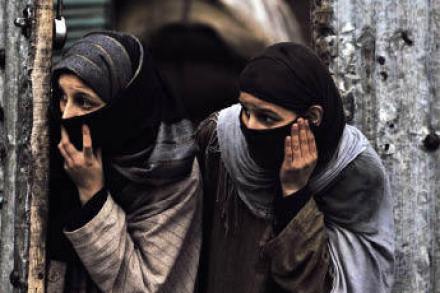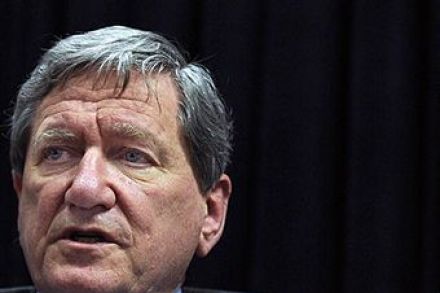Cameron lambasts Pakistan whilst on Indian trade mission. Bad move
Oh for the days of inactive prime ministers. After yesterday’s hot-headedness about Gaza, comes an even more deliberately pointed statement. Cameron said: ‘[Pakistan] should not be allowed to promote the export of terror whether to India, whether to Afghanistan or to anywhere else in the world.’ I agree, providing of course it is established that the Pakistani state is fomenting terror and the Wikileaks revelations do not give that impression. That said, the Pakistan government is responsible for all of its agents, and they should curb S-Wing’s collusion with the Taliban and its affiliates in Waziristan. Cameron and Obama are right to press the Pakistani authorities. But a goodwill tour

















